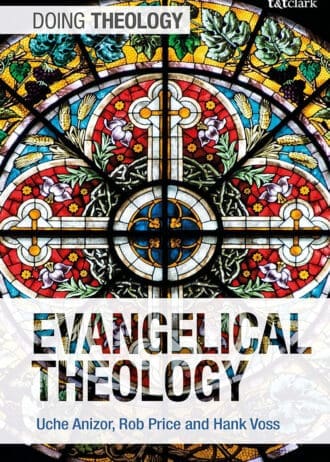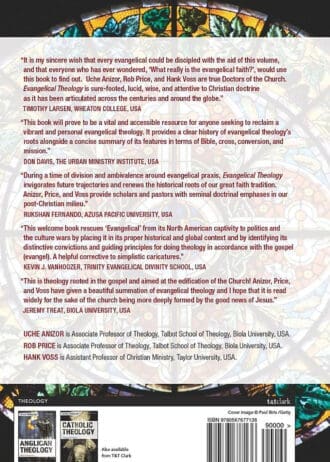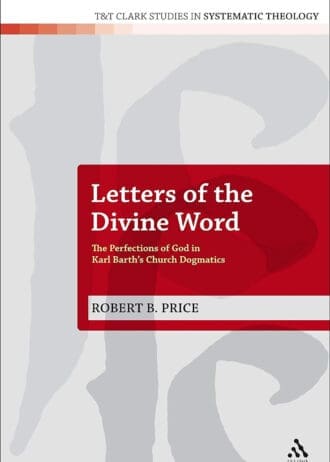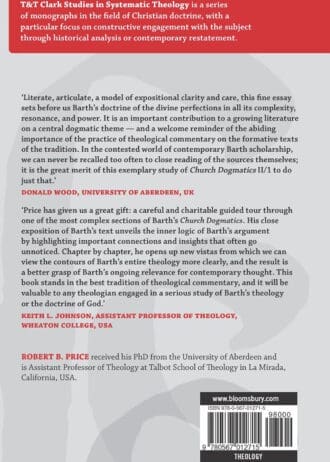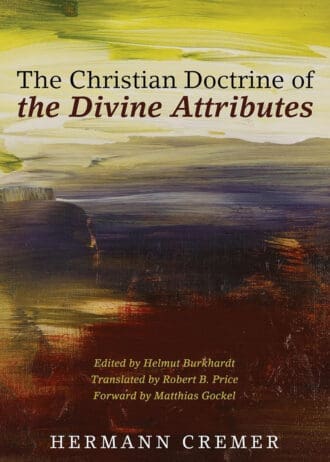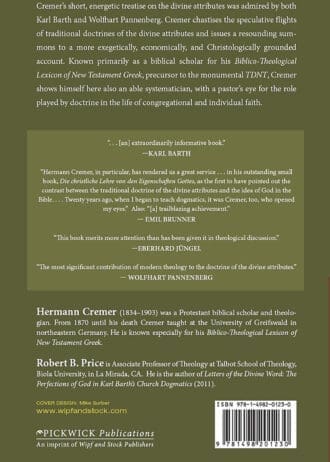Evangelical Theology (Doing Theology)
This book provides a lively introduction to the exciting discipline of evangelical theology. Aligning with the global Lausanne Movement, the authors identify Scripture and mission as methodological centres of evangelical theology. Evangelical Theology highlights the key evangelical themes of atonement, conversion, justification, and sanctification, as well as recent developments around trinitarian theology and pneumatology.

